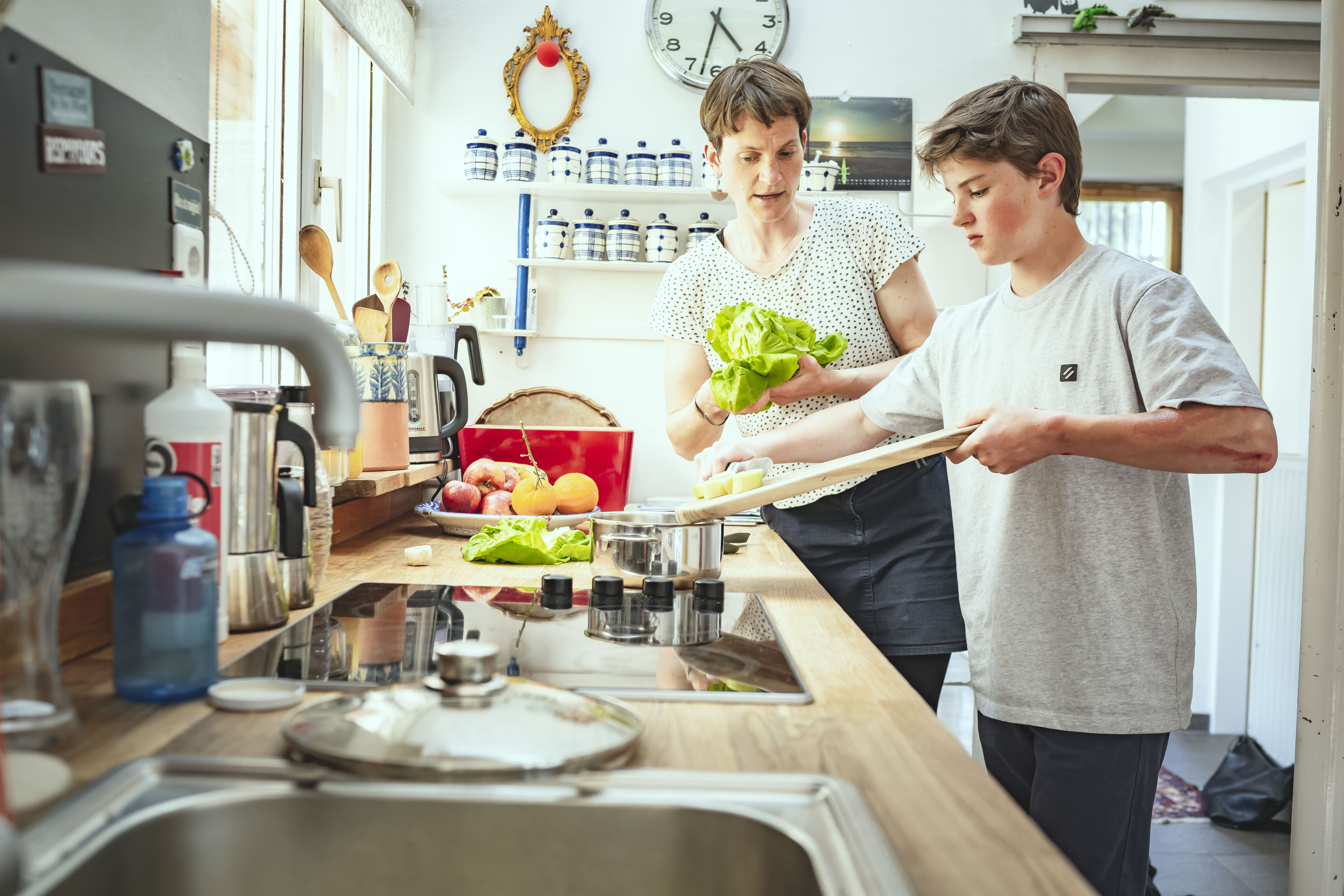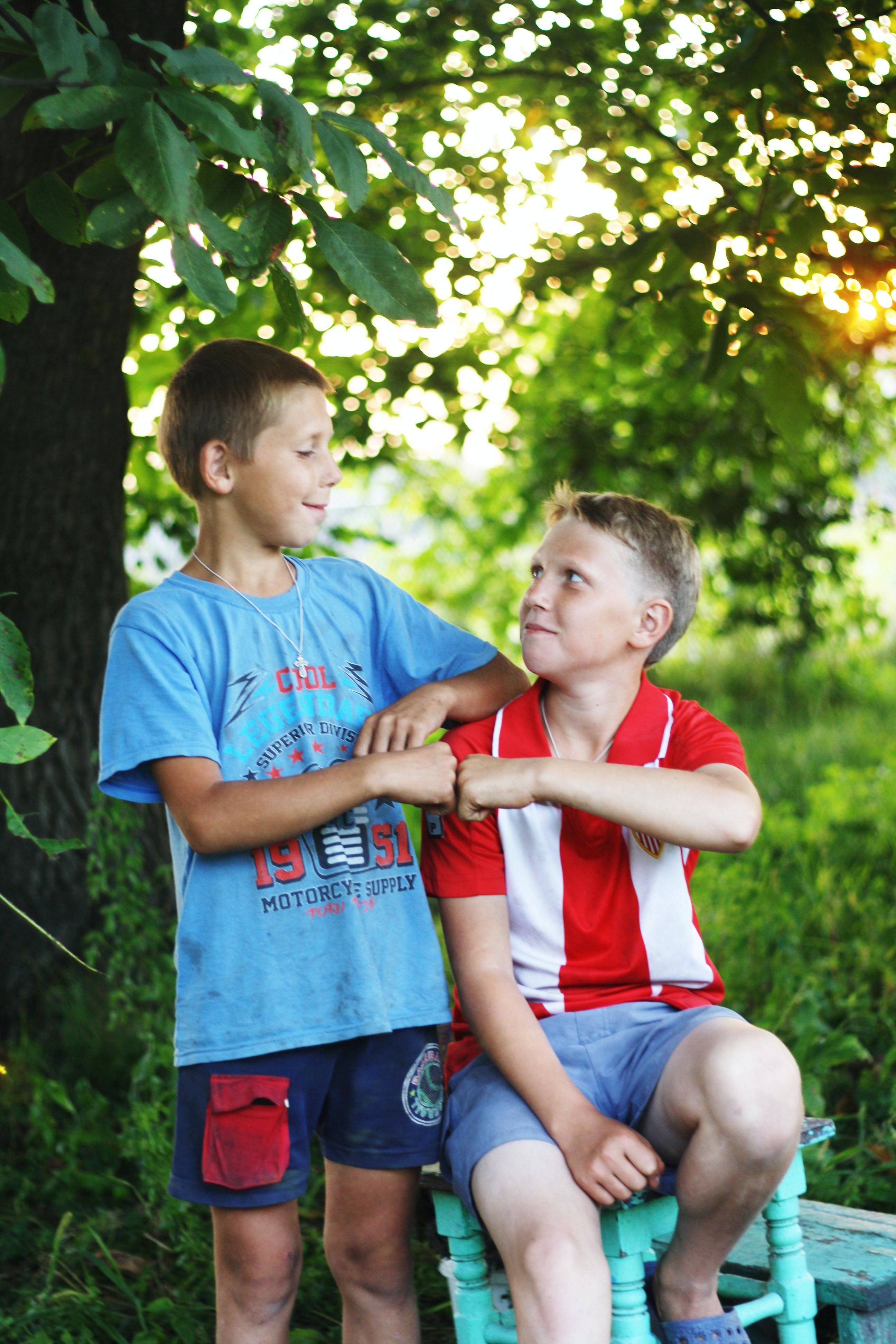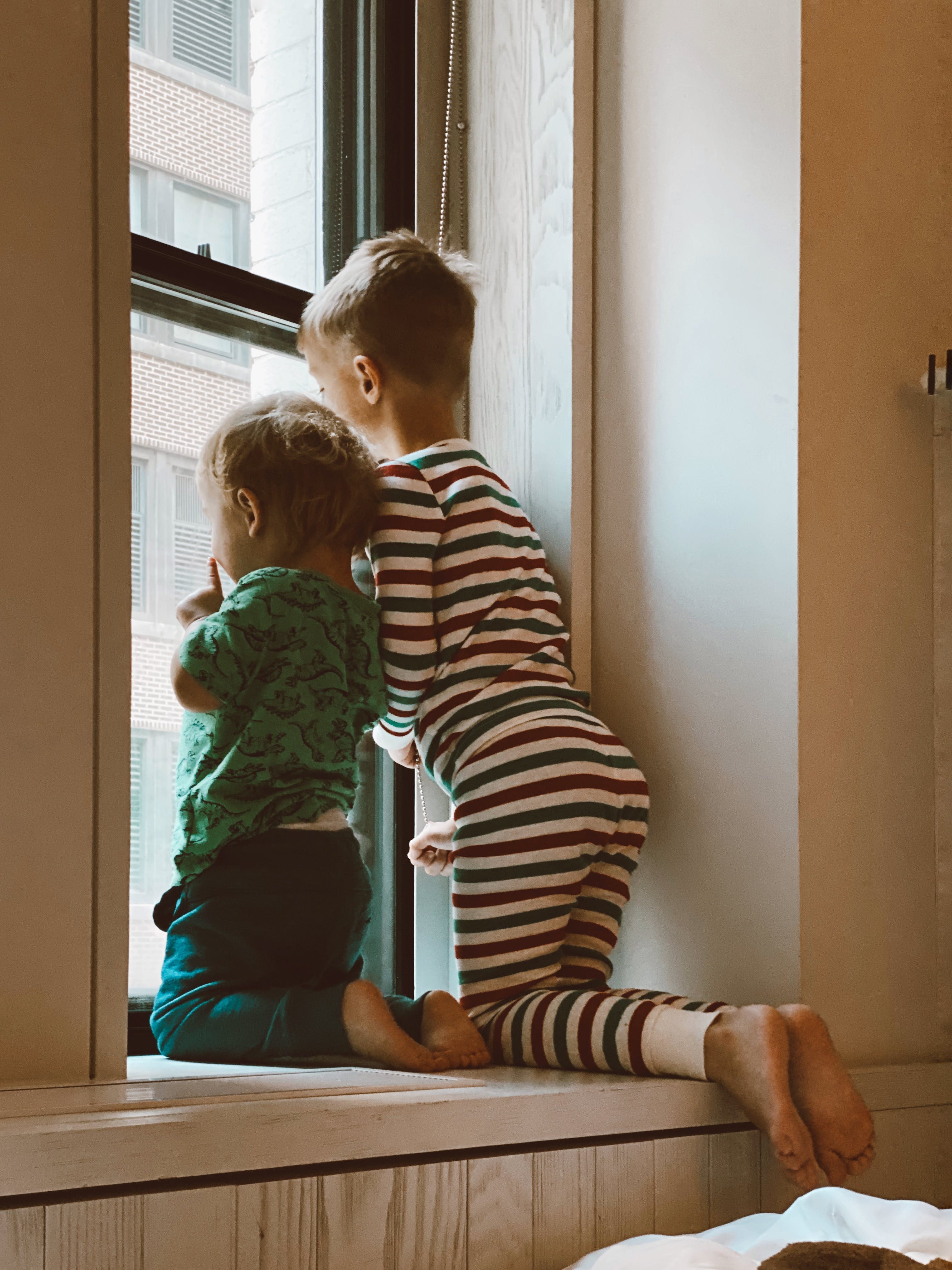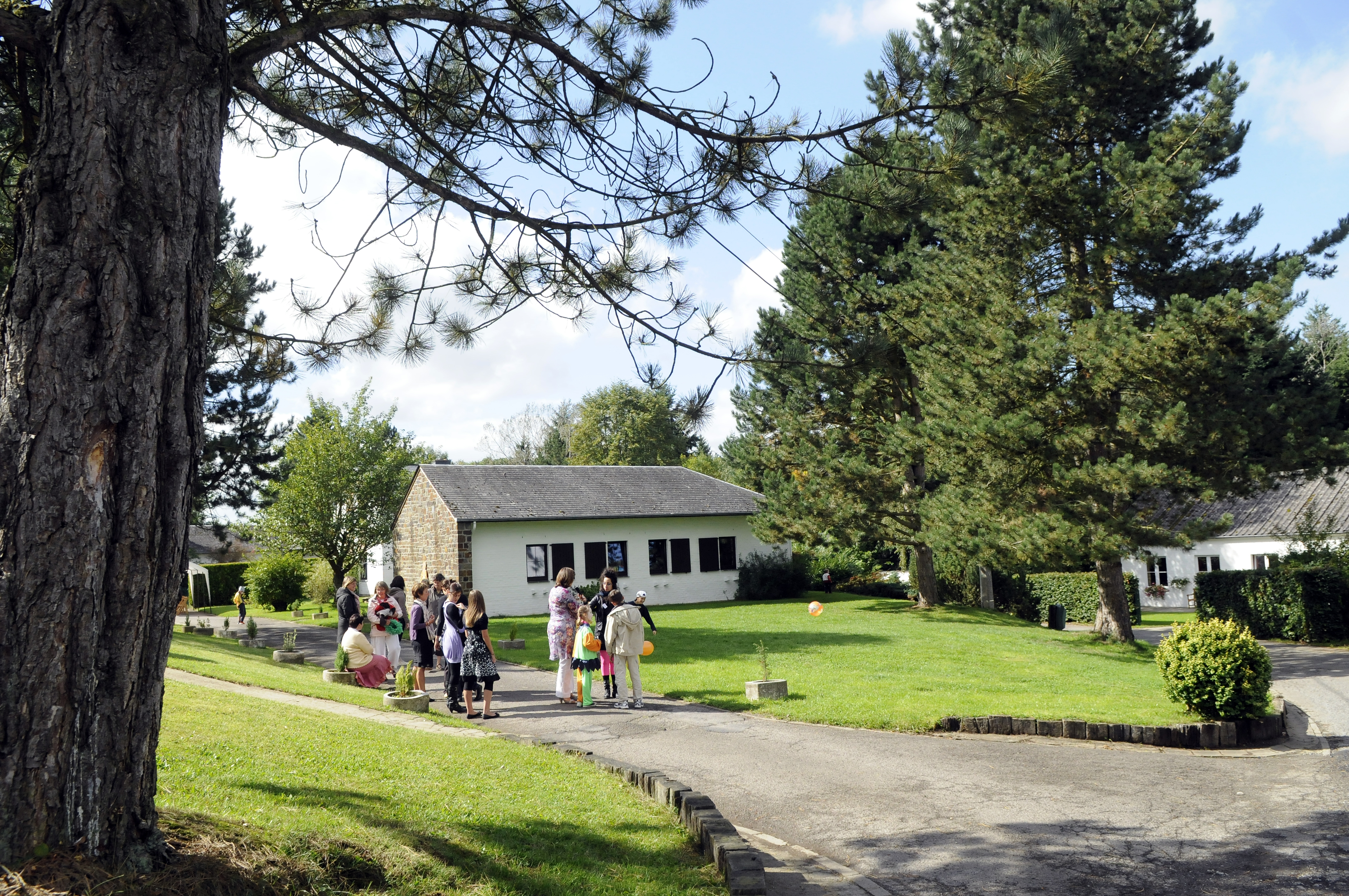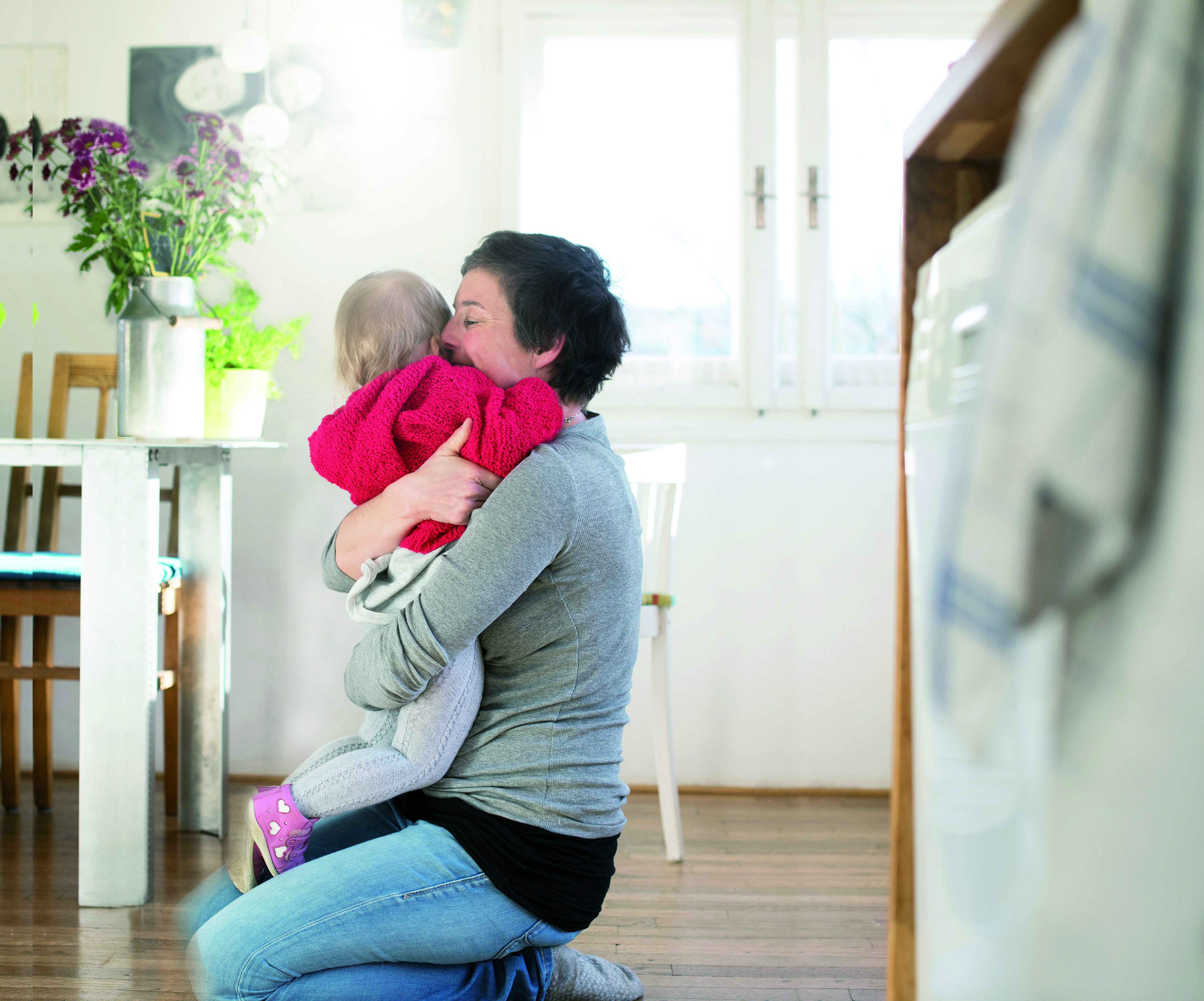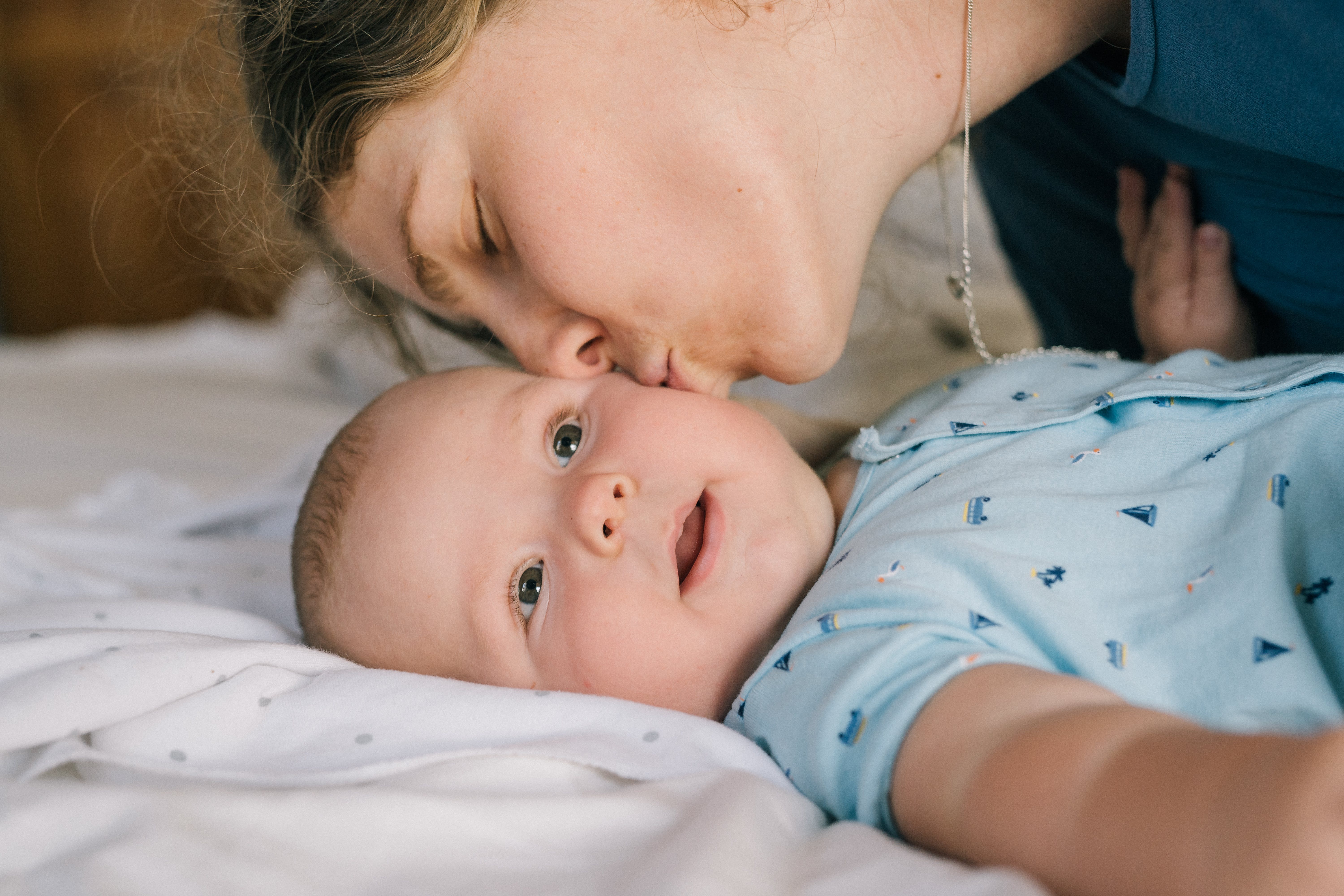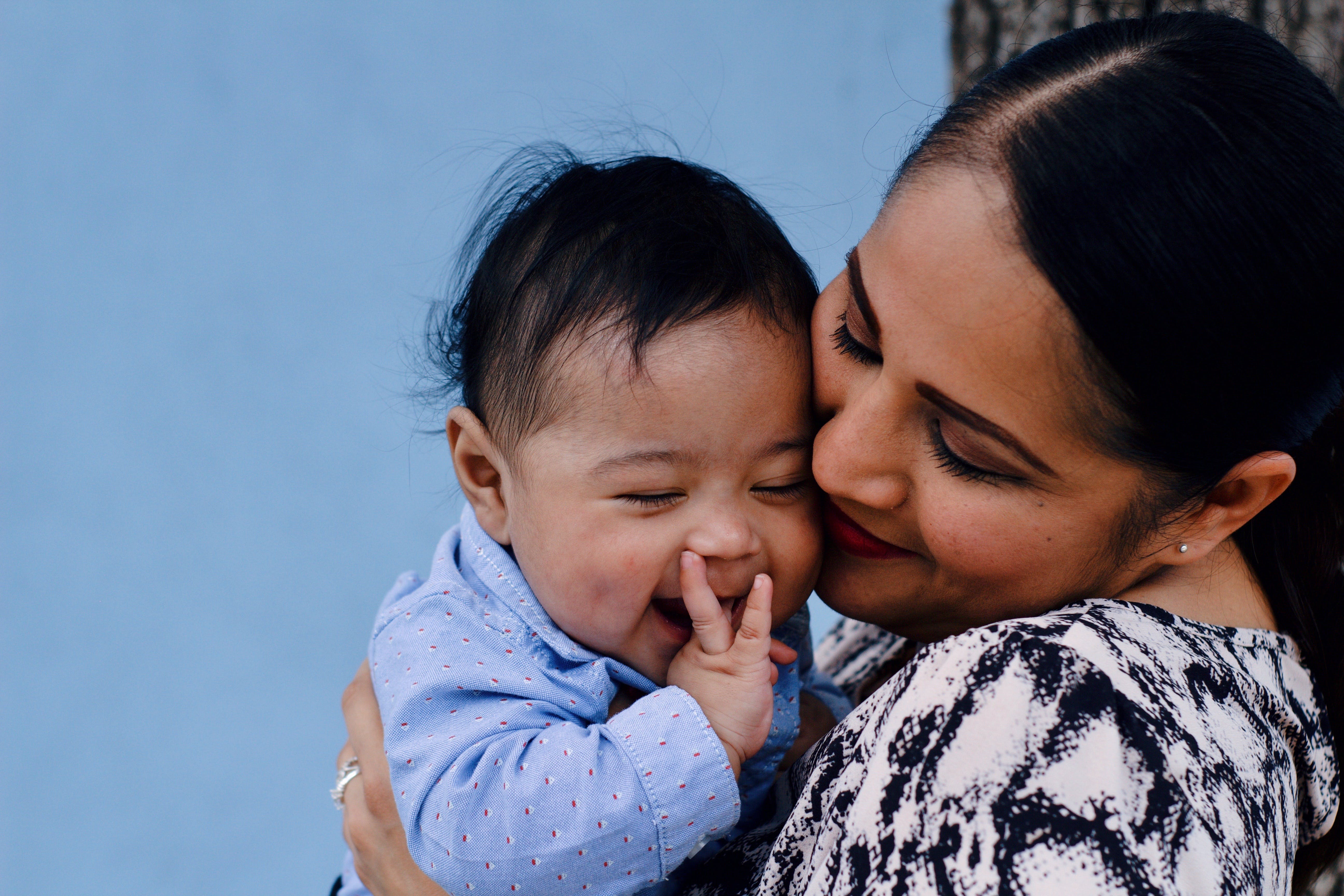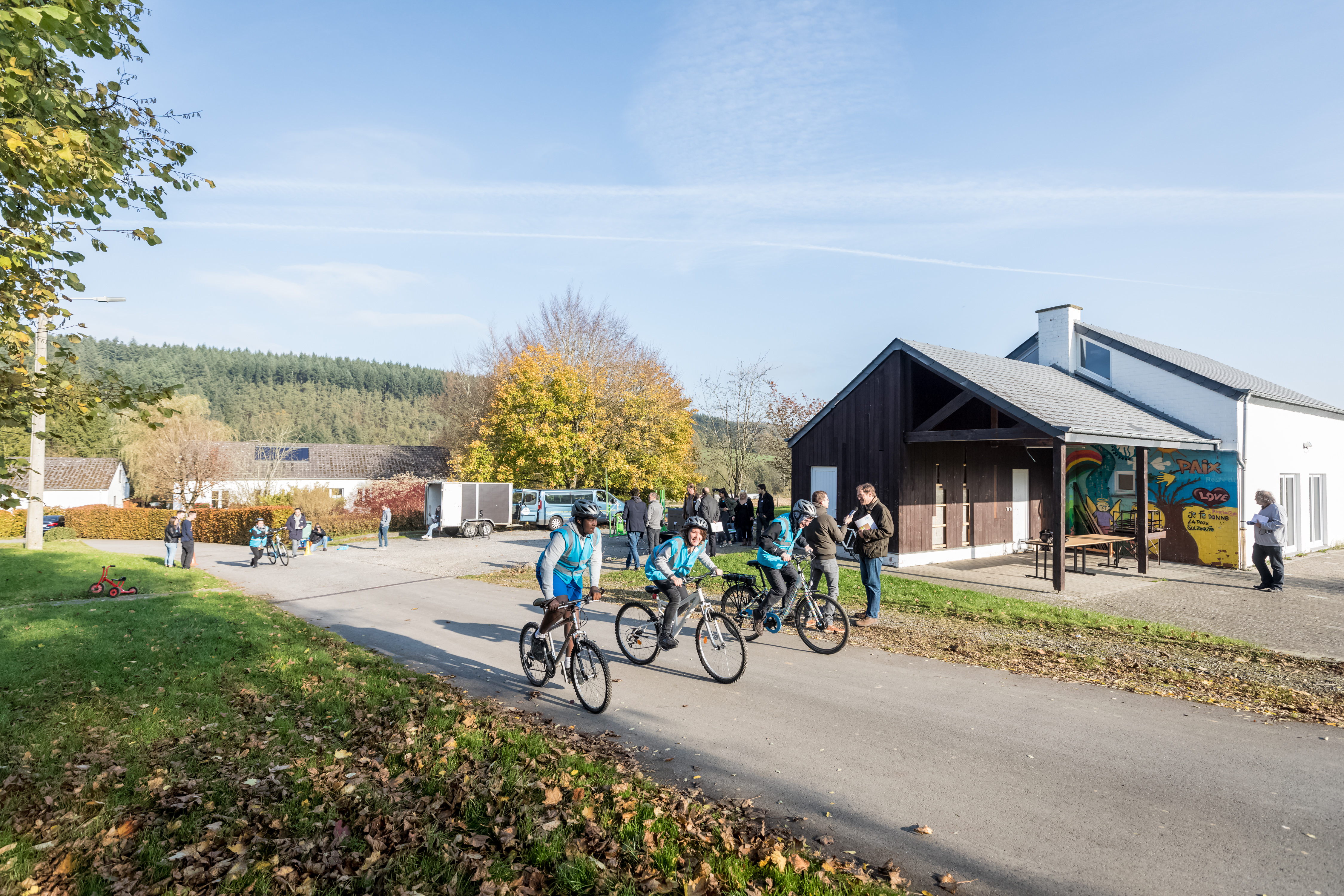One child in 25 in Belgium is growing up without the care and security of their parents, a figure that is likely underestimated. Nuala Morgan spoke with Michael De Leener, Communication Teamlead at SOS Villages d’Enfants about their mission to make sure no child grows up alone.
Tell me about the creation of SOS Villages d’Enfants
SOS Villages d’Enfants is a global charity established in around 130 countries. Each country is independent, and the Belgian chapter was established 60 years ago. It all started with one children’s home project in the south of the country, with the objective – which is still the same one today – to give children that are unable to stay with their own families the possibility to grow up in a family-like environment. Our goal in the first place is to prevent families from breaking down. And if they do, due to violence, poverty, illness or whatever, we want to make sure that children still have the human relationships needed to build their self-esteem and develop skills.
What kind of projects do you carry out?
We intervene at the different stages of need. Our priority is on prevention, so working with the families in their homes, to accompany them and avoid placing the child in external care. And if a placement becomes necessary, whether short or long-term, we always try to work with the biological family to facilitate a return home where possible.
A number of projects in Wallonia revolve around providing children with a safe and secure environment when it’s no longer possible to stay at home. Young people who grow up in the care system have a weaker social support network so we work a lot with them to help them become independent and find their way after they leave the care system at 18.
In the north, around Leuven, our project focuses on young refugees, unaccompanied minors between 12 and 18 years old. We adapt to the needs in different parts of the country.
Have you an example to share of someone who not only survived, but thrived?
Sylvine, who’s 20 now, initially had reservations about being placed in a children’s village when she was 15 but ended up finding it to be a beneficial experience. She moved from the care home to the semi-autonomous accommodation called Maison l’Olivier where young people learn to live independently with the support of educators. Sylvine had to take care of herself by cooking and cleaning, but the educators were always there to help with shopping, bills, and any difficulties she faced. Sylvine developed a good relationship with the educators, appreciating their support and advice whenever she needed it. Recently, Sylvine achieved significant milestones by moving into her own flat and finding a job. She reflects on her achievements with pride, having obtained a shop assistant diploma and successfully managing her flat. Sylvine acknowledges the immense help she received from the Children’s Village and the young people she met there. She hopes that all young people facing difficulties find the courage to ask for help and remain strong.
How do you work with the government departments and agencies responsible for social care?
We are fully part of the care system, well the two care systems – it’s Belgium! We collaborate with the governments, and the many organisations that are involved in the care system. We follow government policy, like in the south, the policy is really focused on preventing family break-ups. But we also try to inspire and influence policy. We do a lot of advocacy work to try and improve the way we take care of vulnerable children.
What is your main advocacy campaign at the moment?
Our primary focus in advocacy is trauma-sensitive care. Nearly all the youth we work with have experienced severe trauma, which seeps into every relationship they form. Despite significant advancements in understanding trauma’s impact over the last couple of decades, many professionals in the field – be it judges, police, or caregivers – are still largely unaware of its profound influence on these children.
As an organisation, we’ve taken the initial step of training our teams with the support of the EU. Our aim is for people to grasp how trauma significantly affects these children, enabling us to better address their needs by adapting our actions and behaviour accordingly.
At the end of the day, we want these children to be at a stage where healing becomes possible. If they continue to carry this burden until adulthood without adequate support, the road ahead will be incredibly challenging for them.
It sounds like building trust is key for children to form secure attachments. How do you support that?
Around five years ago, we started lobbying for a new type of care in Flanders, which is professional foster care. It exists in the Netherlands, but not in Belgium. Families welcome children into their home, not as volunteers but as professional foster parents. This is such a transformation from children growing up in group homes, with a rotating series of caregivers. Over the space of a couple of years, these children may have had up to 20 different caregivers, which doesn’t allow them to build a relationship of trust. With this system, they have one or two stable caregivers who are there 24/7, pretty much like other children. The pilot project we carried out was successful and we developed the blueprint for the Flemish government and other organisations to follow.
What inspired you personally to get involved with this organisation?
It’s funny as when I was younger I earned a bit of money playing football, even at amateur level, and I always donated half of what I earnt to SOS Villages d’Enfants. That’s how I met Hilde Boeykens (the charity’s director). After my studies in political science, I started volunteering while looking for a job. When one came up, I started working here and never left! I’ve always loved the values of this organisation, which is based on human relationships, making sure children grow up connected. It touched me when I was a student without children, now I have two kids of my own and I realise even more how important these connections are growing up.
Do you feel you are making an impact?
There’s a saying ‘not everything that counts can be measured and not everything that can be measured counts’. What’s important is that we have a direct impact on the children we work with. It might be a small number, considering the scale of the problem in Belgium, but it’s real. And with our advocacy projects I feel that we can have an impact not just on one hundred children directly but on all children in this situation. So that combination of direct impact and working towards societal change is really motivating.
What opportunities are there to get involved with SOS Villages d’Enfants?
We’re a mid-sized organisation with around 100 employees, most of which are social workers, educators, psychologists and so on. We work with a lot of volunteers, which can take different forms. We work with support families, which could be families from around the locality of our projects who could welcome a child for the weekend, for example. This is really hands-on support, and there are rigorous safeguarding procedures to make sure the child is going to be safe and secure. Then, there are the administrative volunteers helping at head office, and those gifted DIYers who can help fit out and repair our children’s homes. There is a broad range of activities to get involved in, but the main thing we ask for is commitment – that it’s not just a one-off activity.
We want to offer continuity for the children through our projects, and that requires continuity in our financing. We’d be delighted to help anyone set up a monthly donation to sponsor a child in need to find a family – it all helps!
To find out more about SOS Villages d’Enfants or to make a donation, visit: www.sos-villages-enfants.be
Photos © Olivier Anbergen


